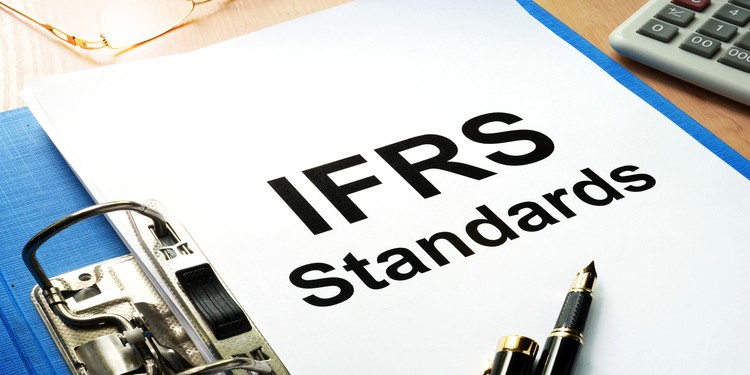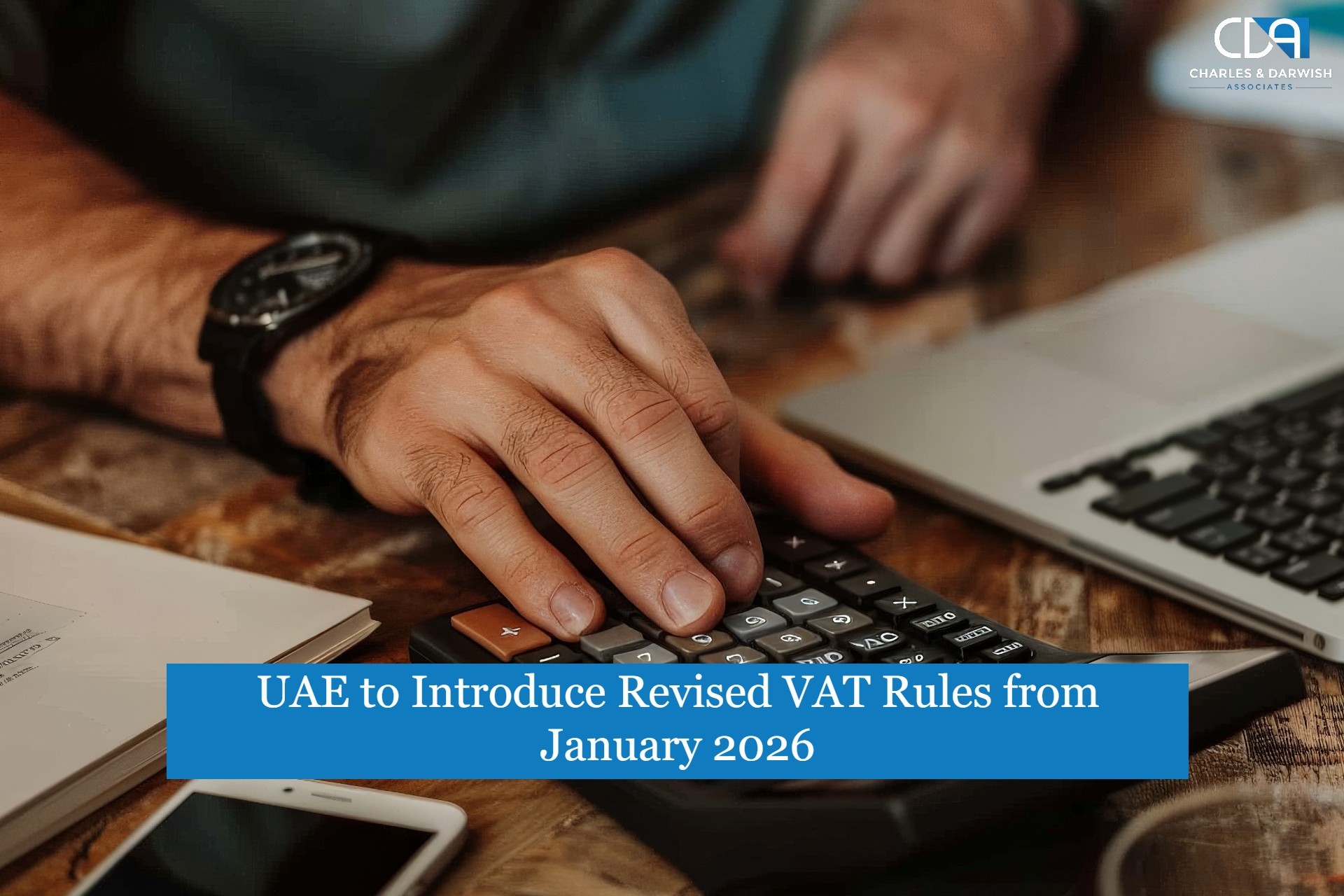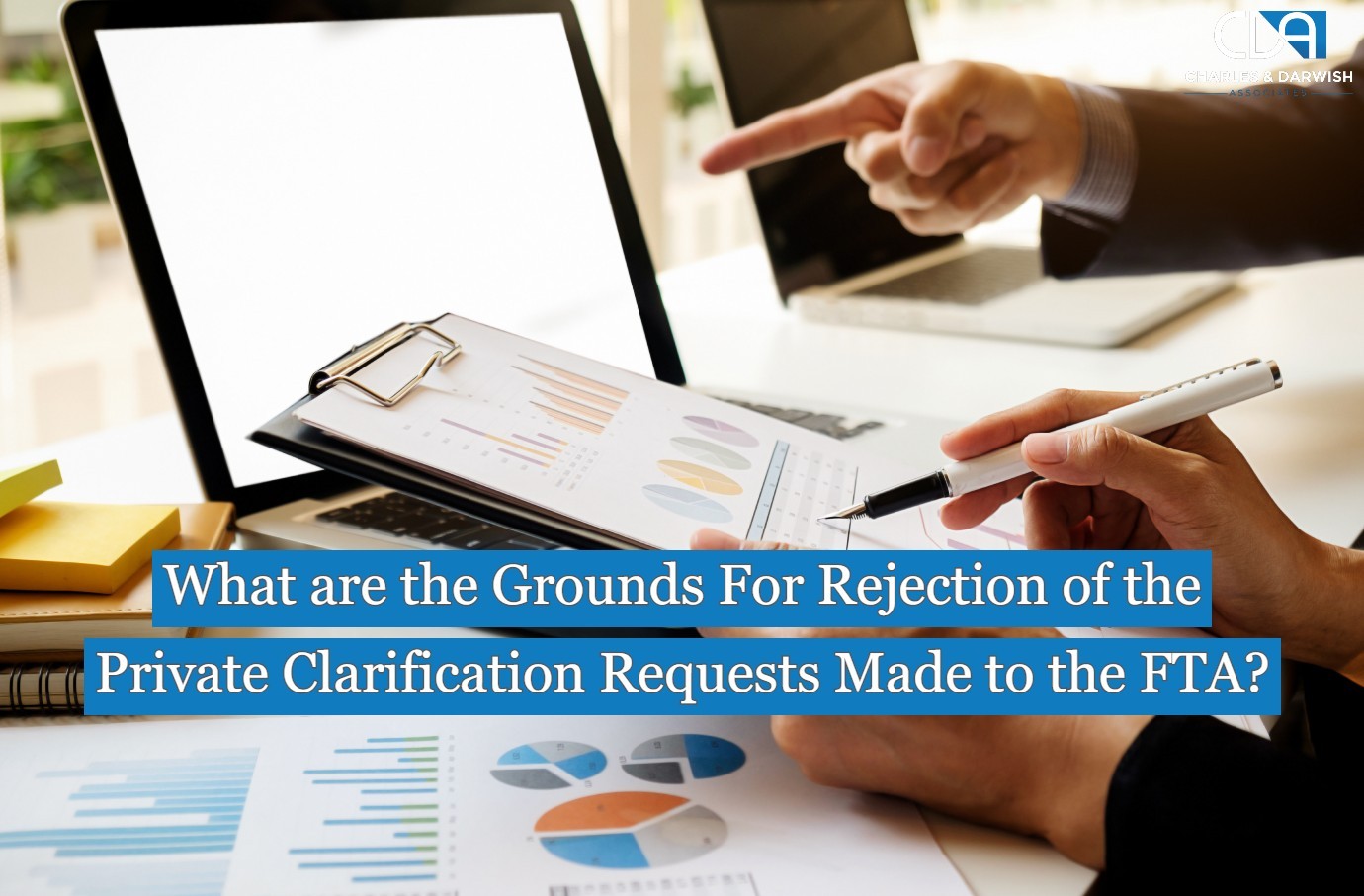Implementation of IFRS 15 in Financial Statements
Implementation of IFRS 15 - ‘Revenue from Contracts with Customers’, sometimes can involve lengthy deliberations in companies which handle multiple products or services. A detailed review of revenue generating transactions and agreements with customers is always recommended to ensure compliance with the reporting requirements imposed by the standard. We discuss here major features of IFRS 15 which will give you an understanding of the implementation of IFRS 15 in financial statements.
Get IFRS Implementation and Impact Assessment Services in Dubai, UAE
How is IFRS 15 significant when compared to previous standards on revenue recognition?
IFRS 15 was introduced as effective from 1 January 2018, replacing many of the previous revenue recognition related reporting standards such as IAS 11 - Construction Contracts, IAS 18 – Revenues etc under International Financial Reporting Framework. For the companies who were following the previous standards, adopting the new standard may require a significant change in their procedures of revenue recognition. Also, IFRS 15 mandates more disclosures in the finalization of financial statements. Impact of adopting the standard will be more for the companies having complex contracts and multi-layered revenue arrangements.
Factors and reporting requirements to be considered while ensuring compliance with IFRS 15 in financial statements
Standard provides the full retrospective approach or modified retrospective approach for the companies to choose by meeting the specific criteria as mentioned in the standard. Also, specific considerations to be given to the separate requirements of other recently effective standards such as IFRS 9/IFRS 16 to know their applicability and relevance to your transactions. So before selecting the new accounting and reporting system or modifying the existing legacy systems, it shall be ensured that they are comprehensive and inclusive enough to meet the applicable requirements on adopting all these recent changes in the reporting environment.
Challenges that you may face while following IFRS 15
Separation of packaged goods and services in bundled forms is required as per the standard and this may lead to deferment or earnings of revenue, based on your revenue arrangements. This includes the separation of free goods or services offered along with the purchases as incentives. Also, specific requirements and guidance on other areas such as long term contracts, licenses and contract costs which are to comply with along the adoption of IFRS 15 may cause substantial change and modification from existing policies of your company on recognition of revenue with respect to the timing and amount of revenue.
Five steps involved in the revenue recognition model as per IFRS 15
- Identification of contract with the customer – This puts forward the requirement for a formal agreement by each company with the customer where all rights and obligations of both the parties are clearly specified.
- Separating the different performance obligations in the contract – In this stage, based on the content in the contract different performance obligations to be separately identified.
- Determination of transaction price – This will depend on the agreed consideration on transfer of goods or service. The contracts with variable components will require estimation of the price based on the available information
- Allocation of transaction price – Contract amount to be allocated between each performance obligation identified in step 2.
- Recognition of revenue on completion of performance obligation – Revenue shall be recognised over a period or at a point of time when the agreed goods or services are transferred to the customer and customer gets the control.
Different revenue arrangements that will have more impact while implementing IFRS 15
Following arrangements may have significantly more impact on the adoption of IFRS 15 compared to simple transactions that usually occur in business:
- Goods and services in packaged/bundled forms – For example sale of goods along with post sale maintenance service or warranty in one bundle.
- Goods and services customised each time as per each customer’s specifications or Variable customer contracts – This usually happens where there is no fixed contract with customers in a company and the arrangement or contract for goods/services changes with the specifications given by each customer. For example, a company engaged in software development where it customises as per the requirements of each customer every time.
- Any financial component involved in the revenue – For example, a company having different selling prices for the same product depending on the number of payment instalments chosen by the customer.
- Complex licensing arrangements – For example, a software company selling software licenses and other software maintenance services together in one contract.
You can also read: Implications of IFRS 16
How CDA can assist you in ensuring compliance with IFRS 15 and its implementation in your financial statements?
Having the extensive experience of serving clients across various industries and sectors we can provide you with customised accounting and advisory services. Also, we can support you in your compliance and reporting activities, especially relating to IFRS 15 and other standards, with our comprehensive resources and our knowledge of best practices in the region.

Also read, The Advantages and Challenges of Adopting IFRS in UAE
CDA can answer your questions and clarify your queries on applying IFRS over several specific and complex accounting scenarios you may encounter during the execution of your business transactions. We can guide you on selecting the right accounting and resource planning tools, increasing the efficiency and saving cost, effort and time.
This completes our discussion, hope you got a clear idea of the implementation of IFRS 15 in financial statements. Still, you need expert advice on the implementation of IFRS 15 in financial statements? Feel free to contact CDA. Our expert will call you back immediately and will offer you a one-hour free consultation.

Mark Thompson
Full-stack Developer, Blogger, and Tech Enthusiast.
Mark specializes in digital marketing, SEO, and content strategy.













